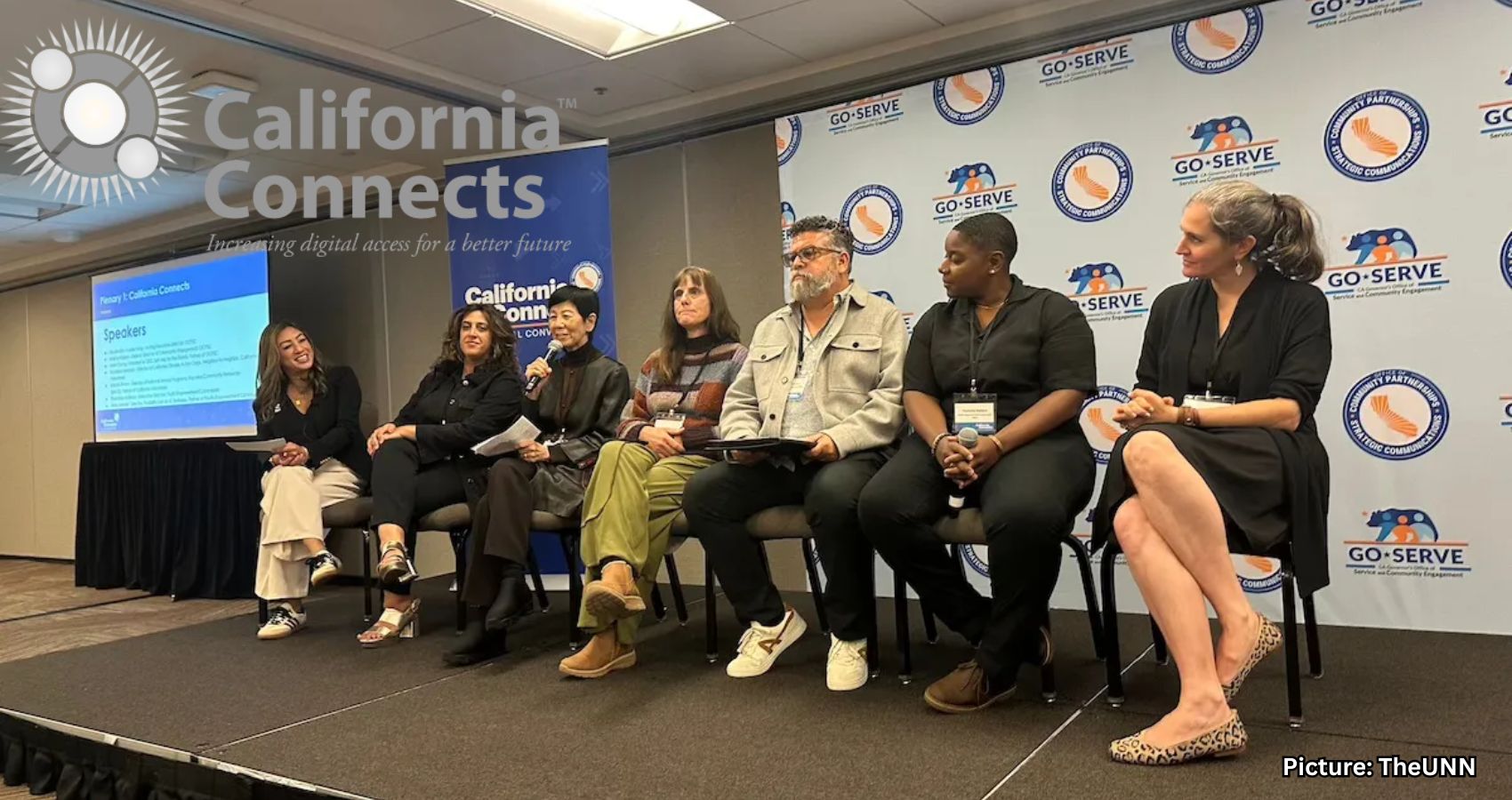Former Virginia delegate Jay Jones is facing intense scrutiny over violent text messages, which are expected to overshadow his upcoming debate against Republican Jason Miyares.
Former Virginia state delegate Jay Jones is under fire for violent messages he sent regarding a Republican lawmaker, which are anticipated to dominate the attorney general debate scheduled for Thursday at the University of Richmond. The controversy has attracted national attention, with President Donald Trump and Republican leaders seizing upon Jones’ remarks and the muted response from fellow Democrats.
Recent polling data from Christopher Newport University, conducted on October 3 before the scandal erupted, indicated that Jones was leading Republican Attorney General Jason Miyares by six points. Other Democratic candidates on the statewide ticket were enjoying similar advantages. However, anecdotal evidence suggests that the race is tightening, as Miyares has taken on a significant role in the Republican campaign while Jones’ support appears to be waning.
During a recent debate in Norfolk, Republican gubernatorial candidate Winsome Earle-Sears pressed Democratic nominee Abigail Spanberger about whether Jones should withdraw from the race. Spanberger refrained from calling for his resignation, stating that it should be left to the voters to decide. However, several constituents in the Shenandoah Valley expressed disappointment over her lack of a stronger stance on the issue.
Jones’ fellow Democrats have largely remained silent or offered vague support for the embattled candidate as he continues his campaign, despite indications that his troubles could negatively impact the entire Democratic ticket. Current Virginia House Speaker Don Scott Jr., a Democrat from Portsmouth, defended Jones when addressing the media after the gubernatorial debate. He drew parallels between Jones’ situation and comments made by Trump regarding Wyoming Republican Liz Cheney facing threats for her political stances.
Senate President L. Louise Lucas and caucus campaign chief Sen. Mamie Locke later issued a joint statement backing Jones, cautioning that keeping Miyares in office would be a worse outcome for the state.
Meanwhile, Earle-Sears has garnered significant support from the Republican base, similar to the backing received by Governor Glenn Youngkin during his campaign. However, she continues to trail Spanberger in recent polling. Miyares appears to have either closed the gap or slightly surpassed Jones in the latest surveys, a development that political analysts suggest may dampen Democratic turnout for the entire ticket.
Republican lieutenant gubernatorial candidate John Reid recently claimed on social media that he has narrowed the gap to within a point or two of his challenger, Sen. Ghazala Hashmi, a Democrat from Chesterfield. However, the specifics of the surveys he referenced were not immediately verifiable. These developments indicate a tightening race in a state that has been leaning increasingly blue.
In 2021, Republican Glenn Youngkin achieved an upset victory, capitalizing on parental rights concerns regarding transgender athletes in school sports. Earle-Sears has since championed similar issues while criticizing Democrats for their silence or ambivalence regarding Jones’ continued candidacy.
Youngkin’s victory over Terry McAuliffe was an anomaly in recent Virginia elections, particularly when compared to Republican military veteran Hung Cao’s significant defeat against Sen. Tim Kaine in the subsequent 2024 election. Vice President Kamala Harris also defeated Trump that year.
Historically, Republicans maintained a presence in the populous northern Virginia region. Corey Stewart, a staunch conservative and former Prince William County chairman, unsuccessfully sought statewide office but remained influential in local leadership for many years. Although opposed to Trump’s brand of Republicanism, former Representative Barbara Comstock was a well-regarded officeholder in the now-progressive Loudoun County area. Currently, Del. Geary Higgins remains the only Republican delegate in the once-red county west of Washington, facing a challenging race against Warrenton innkeeper John McAuliff in November.
During his campaign, Youngkin made multiple visits to southwest Virginia to bolster turnout in Republican strongholds. This strategy, combined with support from concerned parents in northern Virginia’s Democratic-leaning suburbs, contributed to his electoral success.
Jones’ controversial messages, first reported earlier this month, included a text to Del. Carrie Coyner, a Republican from Hopewell, in which he envisioned firing “two bullets” into the head of then-House Speaker Todd Gilbert. He described Gilbert as worse than notorious dictators Pol Pot and Adolf Hitler, and referred to Gilbert’s young children as “fascists.” These revelations have sparked bipartisan condemnation, yet Democratic leaders have largely resisted calls, including from Youngkin, for Jones to withdraw from the race.
Source: Original article

